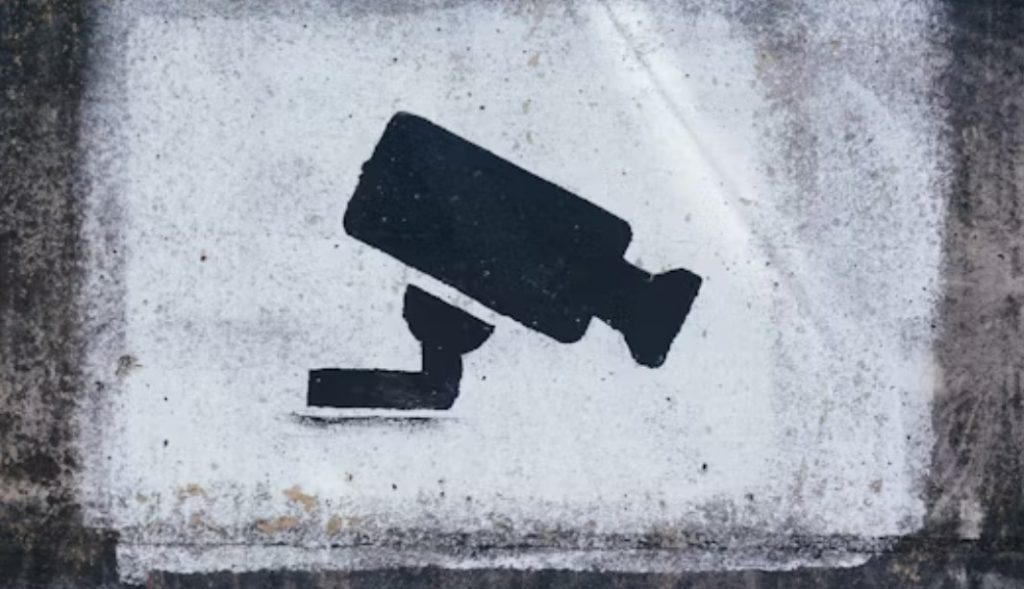Technology for watching over people, like closed-circuit television (CCTV) cameras and advanced systems that recognize faces, is now very important in new methods to stop crime. Law enforcement agencies from around the world use these technologies to keep an eye on public areas, discourage illegal actions and collect proof. The development of surveillance technology has greatly changed how crimes are discovered, examined and taken to court. It provides fresh ways for improving public safety and security.
Types of Surveillance Technology
Different kinds of surveillance technology are used for stopping crime. CCTV cameras, together with their live monitoring and recording functions, can be seen almost everywhere in public places. There is also facial recognition technology that helps to recognize a person by their unique facial features; this can be useful in spotting suspects or people who went missing. Recognition systems of license plates follow vehicle movements, especially helpful in situations such as when a car is stolen or there has been an accident where the driver flees from the scene. Furthermore, drones having the ability to carry cameras and sensors provide aerial observation skills that extend monitoring tasks into areas which are difficult for humans to reach otherwise.
Benefits of Surveillance Technology
The good things about surveillance technology for stopping crime are many. First, when there are cameras around, it can discourage people from committing crimes. This lowers the chances of criminal acts happening in an area under watchful eyes. Second and quite significantly, these technologies help the police to solve crimes more quickly by giving important proof which can be utilized in investigations and legal procedures. Even if we consider all the positive aspects of AI-powered surveillance systems, it is still important to acknowledge that they have potential drawbacks as well. For example: For instance, the video captured by CCTV cameras can match up with what witnesses say or show elements not noticed before at a place where crime happened. Also, better technologies such as recognition for faces could make it faster to identify people which might result in catching suspects more quickly.
Privacy Concerns and Ethical Considerations
The use of surveillance technology, while beneficial for maintaining safety in public areas, can create worries about privacy and ethics. Constant monitoring could give people a feeling of being watched all the time. There is also concern that information collected from surveillance might not be used correctly or could end up with those who should not have it – impacting personal privacy. The possible problem of prejudice in facial recognition technology is another ethical concern. Studies have demonstrated that these kinds of tools can incorrectly identify people from particular racial and ethnic groups at a higher rate. A criminal lawyer plays a crucial role in ensuring that the use of surveillance technology in crime prevention complies with legal standards and respects individuals’ privacy rights.
Legal Framework and Regulations
The rules about where and how this surveillance technology can be used are quite intricate. Laws and regulations aim to find a balance between stopping crime while also keeping privacy intact. For example, in many places the law says you can only put up these cameras if there’s a very good reason like trying to prevent crime or keep an area safe from danger. They also set out what sorts of things can be done with data collected by the camera system; for instance, it is not always allowed to share or keep such footage unless there are strong public interest reasons.
Modern technology for watching, also known as surveillance technology, has a big impact in stopping crime today. It gives many advantages when it comes to preventing crimes, finding out who is behind them and taking legal action against them. But using this kind of tech needs to be thought about carefully because it can interfere with people’s privacy and raise ethical concerns. As new technologies keep developing rapidly, continuous talks and governance will be very important for utilizing their benefits while protecting the rights and freedom of individuals.


